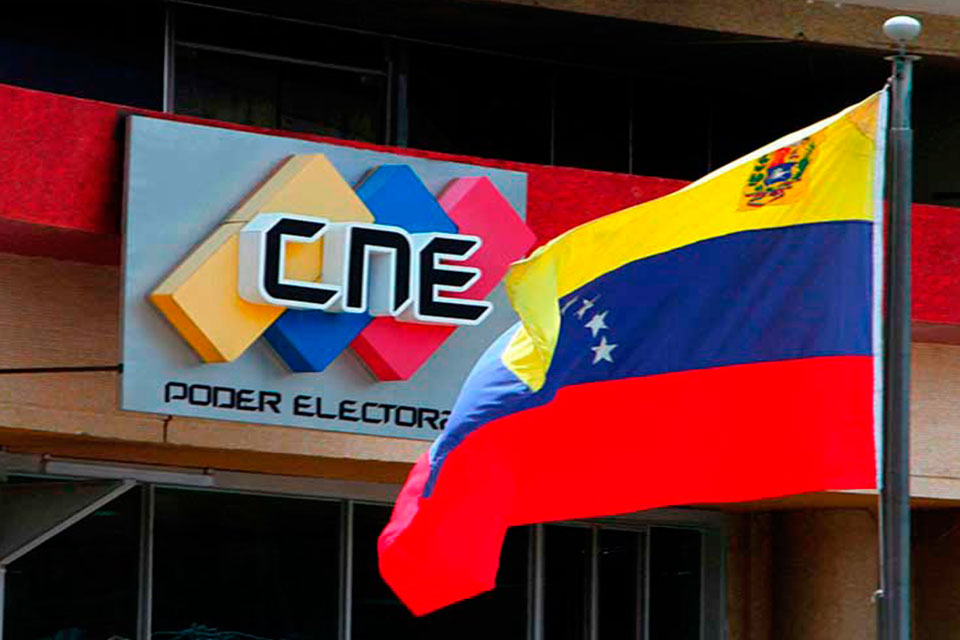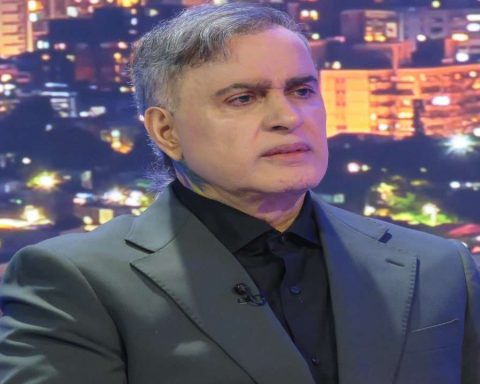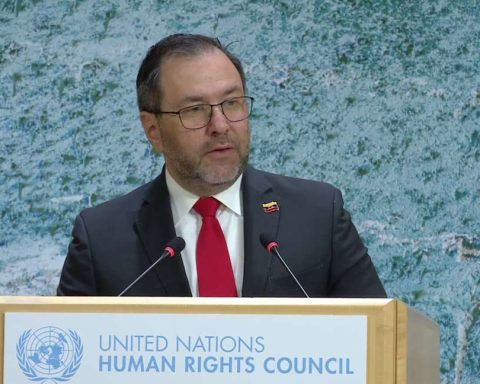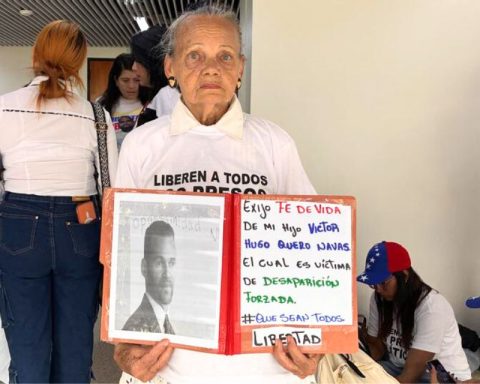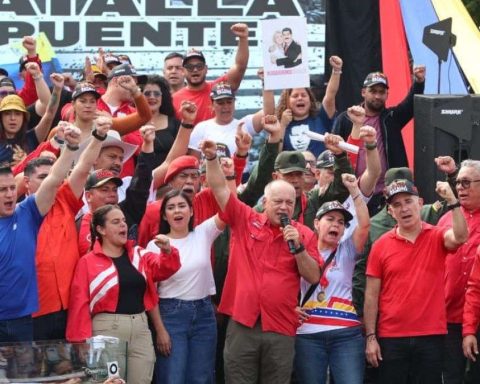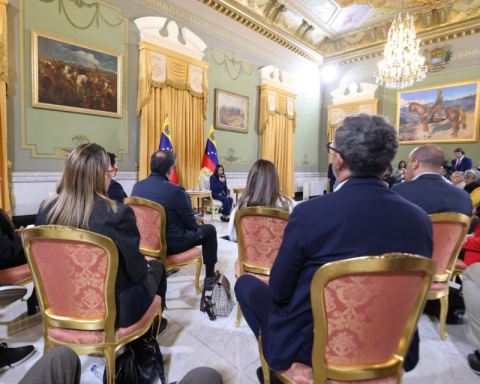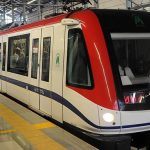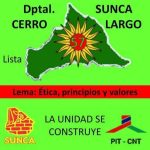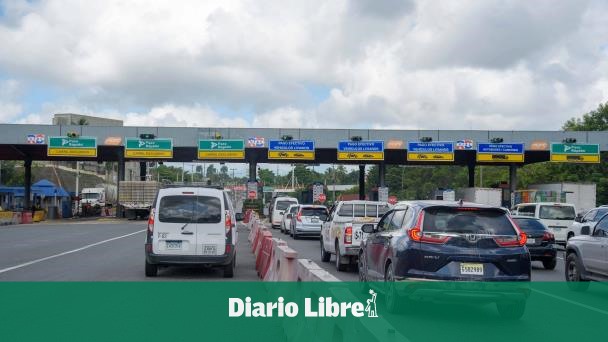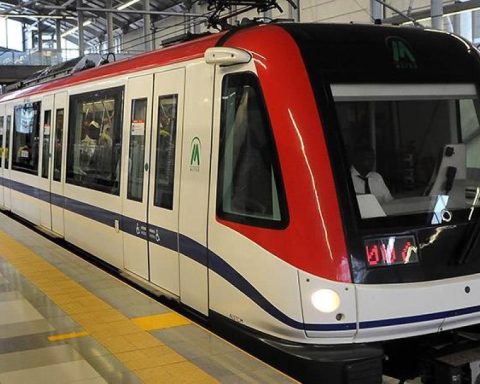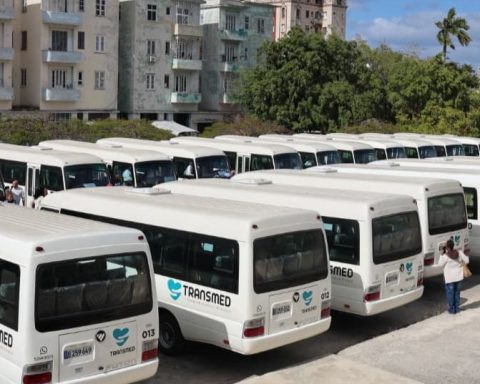The CNE reported that to date they have carried out 10 audits and recalled that voting in Venezuela is electronic and that therefore the counting process is automated.
The National Electoral Council (CNE) provided an assessment on Sunday, July 21, just seven days before the presidential elections, to ensure that 100% of the voting machines are distributed in each of the country’s states.
The president of the CNE, Elvis Amoroso, said: “We can now proudly say that we have 100% of the machines distributed in each of the states of our beloved country, Venezuela.”
The principal rector and vice president of the institution, Carlos Quintero, reported that on July 21 they tested the opening of the machine, the zero record of the machine, to validate that there are no late voters in the voting equipment, as well as the validation of the integrity of the data. “Everything that was audited is what the machine contains,” he said.
*Read also: How to vote in the presidential elections on June 28?
Quintero added that they validated the act of voting, the counting process, the transmission process and the totalization process, as well as the proof of vote with the minutes of the scrutiny and what was transmitted to the total, which corresponds to 100%.
“They have tried to create a very dangerous matrix by saying that they will only recognize the results of the ballots and the minutes that they have in their hands. I remind the organizations with political aims, the people of Venezuela, the international community, that the vote in Venezuela is electronic and the counting is automated and the totaling process is automated, which guarantees the chain of trust, which is what gives political organizations peace of mind in this electoral process,” Quintero said.
The CNE assured that to date they have carried out 10 audits and that for the verification this Sunday there were 18 technicians present, representing the 38 political organizations that are participating in the process.
“Audits are not an act of faith by the National Electoral Council, it is a scientific, verifiable, proven act. We have more than 18 technicians from political organizations here,” said the principal rector Carlos Quintero.
The authorities explained that these audits “represent an important administrative act, because at the end of each process, political organizations sign the minutes, attesting that the process was transparent and complied with the regulations.”
Post Views: 637
